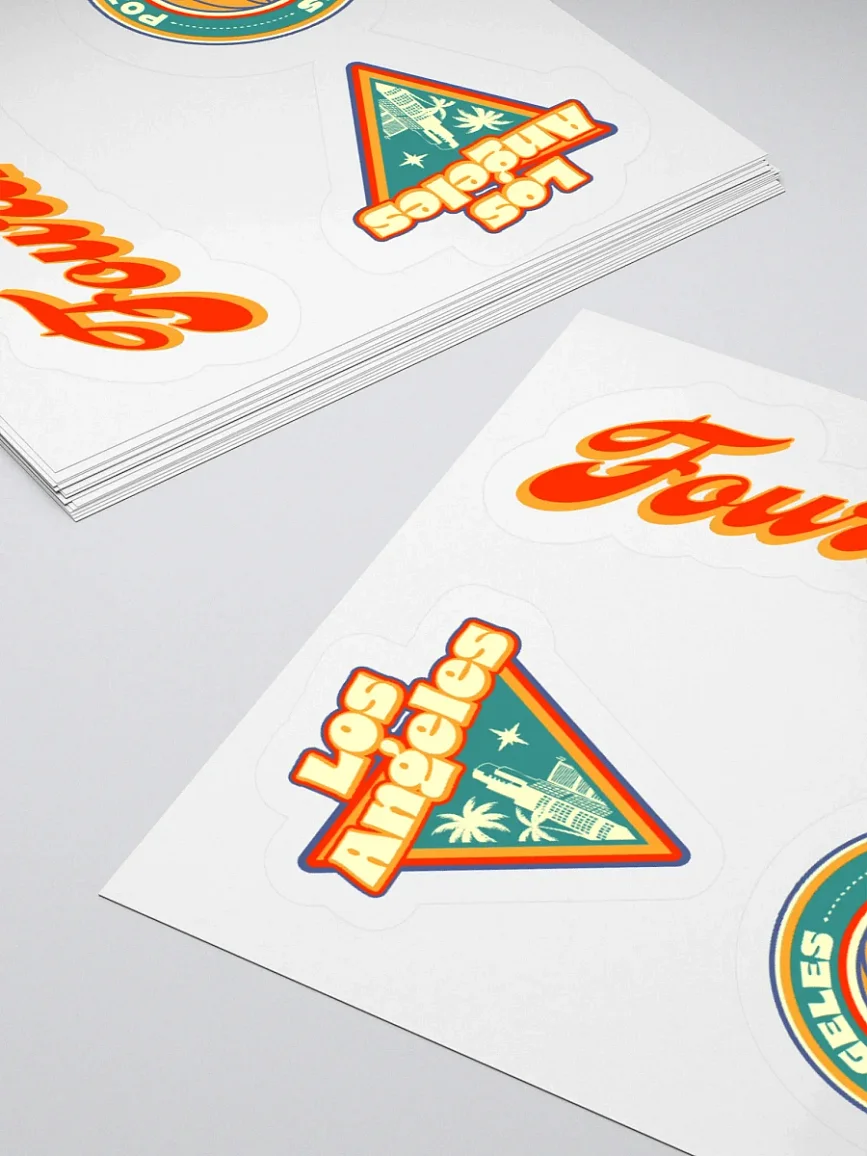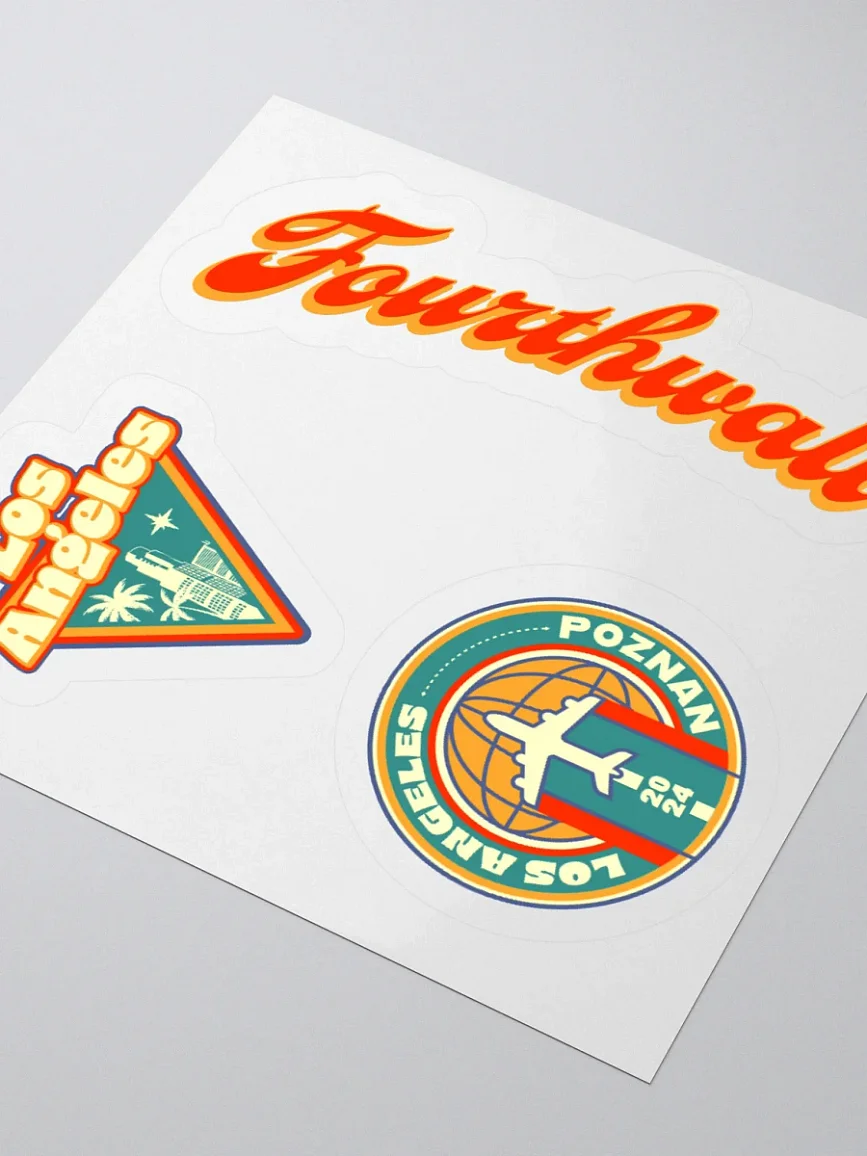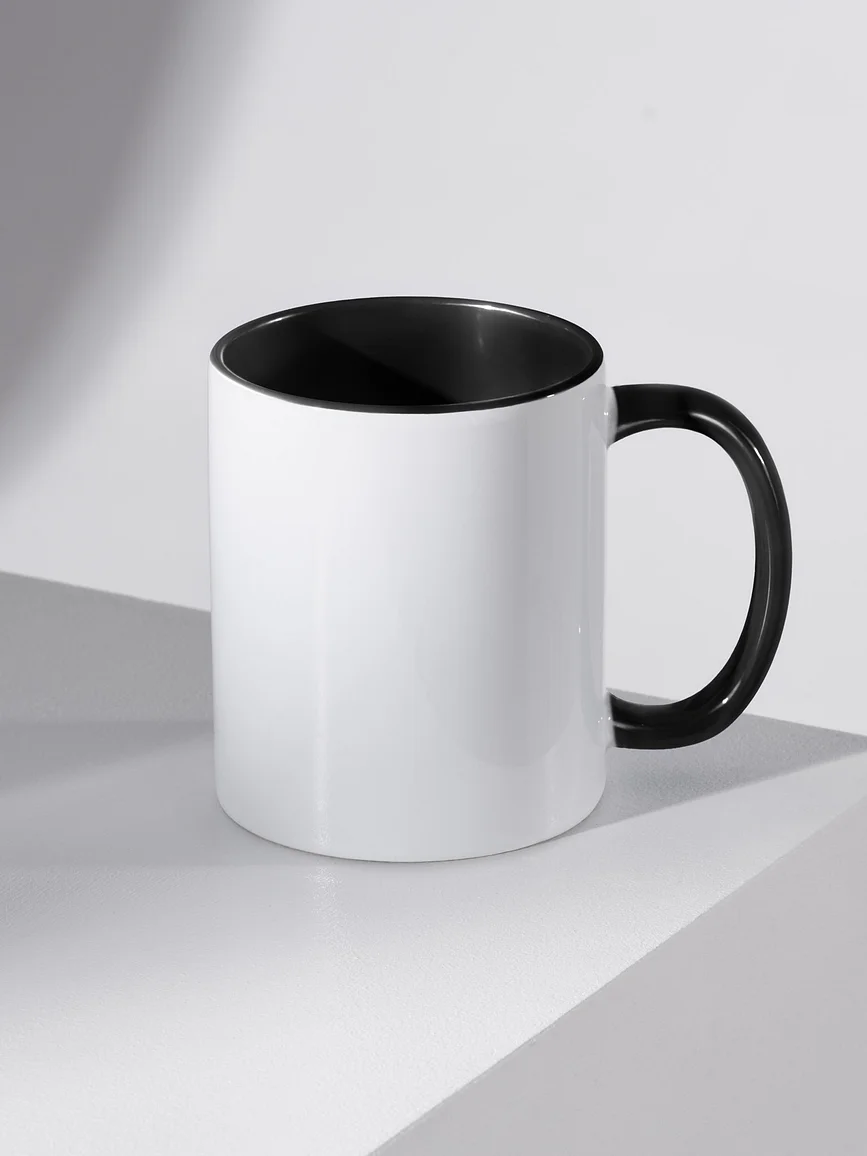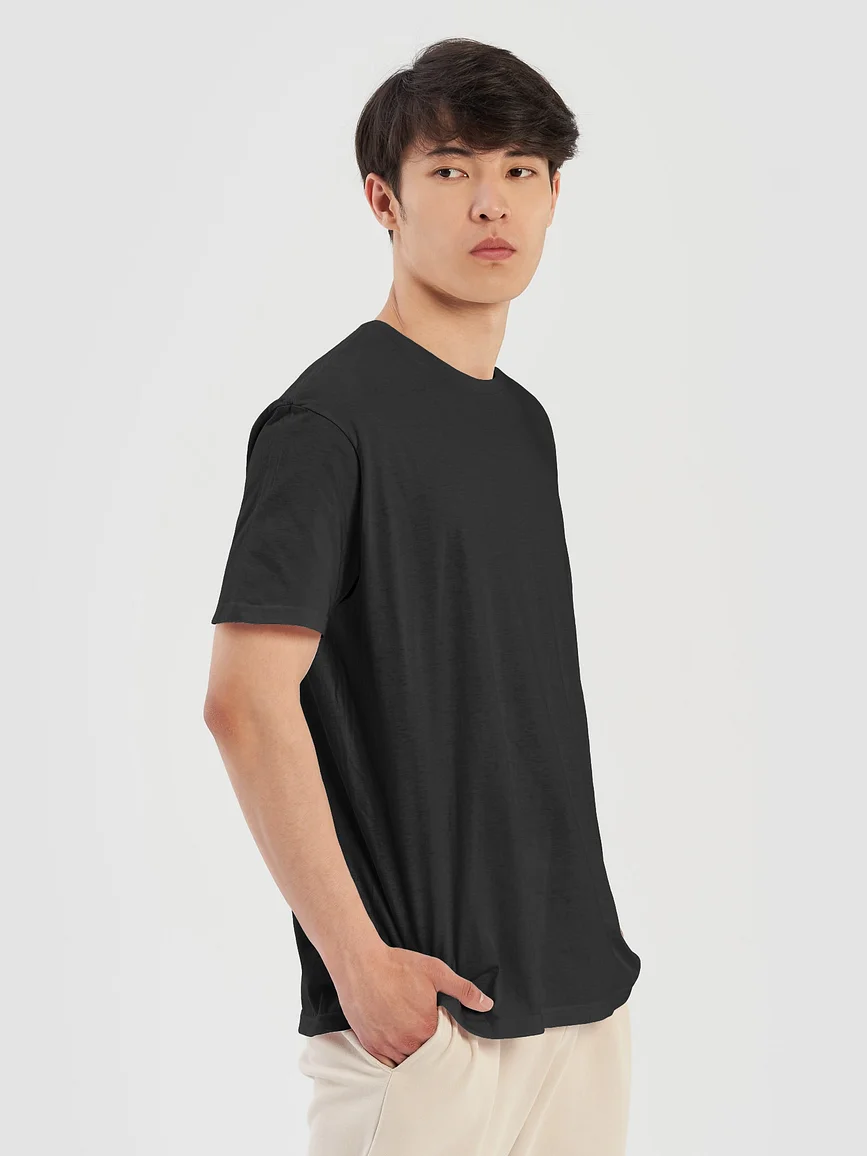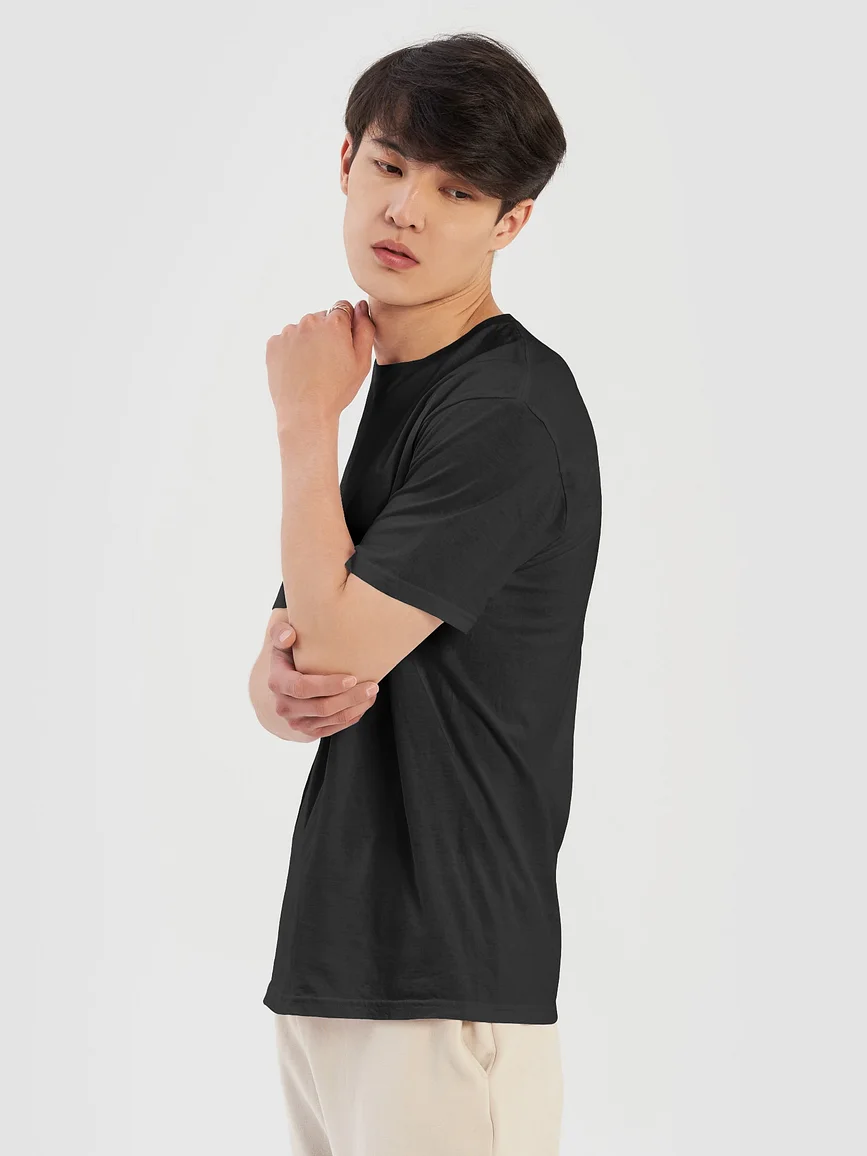10 Best Gemnote Alternatives for Custom Merch & Swag Management in 2025
.webp)
Discover the Platforms Helping Creators, Marketers, and Founders Scale Their Merch Game Without Compromise.
Gemnote has established itself as a premium merchandise management platform for businesses seeking to enhance their corporate image.
With sleek design services, a global sourcing network, and fulfillment that’s practically flawless, it’s no surprise that brands like Google, Airbnb, and Sephora trust them to handle everything from PR kits to onboarding boxes.
The platform has built a solid rep over the last decade for delivering branded merch that actually feels high-end.
However, just because Gemnote excels at the corporate game doesn’t mean it’s the right fit for every creator, small business, or growing brand.
If you’re looking for more creative freedom, budget-friendly options, or an easier way to sell your merchandise online, there are other platforms that might better align with your goals.
In this guide, we’re exploring 10 Gemnote alternatives that offer similar perks, custom merch, pro-level fulfillment, and scalable solutions, without locking you into a one-size-fits-all approach.
What Makes Gemnote Stand Out?
What started in 2015 as a solution to the chaotic world of corporate swag has since grown into one of the most trusted merchandise platforms in the industry.
Founded by Ashley Wong Tsui, Gemnote was built with a simple mission: to help brands create meaningful connections through high-quality, thoughtfully designed merchandise.
But what really makes Gemnote different from other eCommerce or print-on-demand platforms is its concierge-level service and attention to detail.

This isn’t your average “upload a logo and hope for the best” experience. Gemnote is curated, collaborative, and built for brands that care about their online presence and how they are perceived in the real world.
From fast-scaling startups to enterprise giants like Google, Netflix, and Sephora, companies turn to Gemnote not just for custom merch but also for elevated brand storytelling through physical goods.
It’s a one-stop shop where design, sourcing, kitting, warehousing, and shipping all happen under one sleek, well-oiled system
And if that’s not enough to sway you, here’s a quick list of other standout features that give Gemnote its edge:
- Premium Product Catalog: The platform features over 2,000 items from renowned brands such asThe North Face, Stanley, Peter Millar, AS Colour, and more. Think: quality swag people actually want to keep.
- End-to-End Fulfillment: From concept to doorstep, they handle sourcing, design, production, kitting, and global shipping. You stay hands-off while everything gets done.
- Enterprise-Level Customization: Need Pantone color matching? Private-label options? Mockups and pre-production samples? They’ve got you.
- Packaging That Pops: Choose from eco-friendly mailers, rigid boxes, custom tissue, stickers—you name it. Everything is designed to look and feel elevated.
- A Swag Dashboard That’s Actually Useful: Track orders, manage inventory, build Shopify integrations, and create redemption pages—all in one clean space.
- Built for Scale: Ideal for HR teams, marketing departments, and agencies running multiple campaigns with serious volume.
The bottom line? Gemnote is made for brands that want to impress at scale. But if your goals are more DIY, creator-led, or side-hustle-focused, the following alternatives might give you a better fit without sacrificing creativity or professionalism.
Top 10 Alternatives to Gemnote in 2025
1. Fourthwall

Fourthwall is more than just a merchandise platform; it’s a comprehensive business tool for creators who want to build and monetize their online brand.
Unlike Gemnote, Fourthwall offers a free, fully customizable storefront that allows you to sell everything from print-on-demand merchandise to digital downloads, memberships, and exclusive video content all in one place.
With an intuitive drag-and-drop website builder, you can design a professional-looking store without any coding skills.
Fourthwall supports over 330 retail-quality products and offers printing options like DTG, embroidery, sublimation, screen printing, and DTFx.
You also get built-in marketing tools like promo codes, donation boxes, and thank-you video messages for your fans.
Plus, it integrates directly with platforms like YouTube, TikTok, and Twitch, making it a dream setup for modern creators.
💰 Pricing: Free to join. 5% fee on membership sales and 3% fee on all digital products; 0% on physical products if using our catalog.
✅ Pros:
- Free storefront with no upfront costs
- Extensive creator-friendly features
- Global fulfillment (US, EU, AUS)
- Built-in mockup generator and design studio
- Analytics dashboard + full ownership of your data
- Affordable merch pricing
- 24/7 customer support
- Supports all content types (videos, files, memberships)
- Seamless integrations with YouTube Merch Shelf, TikTok Shop, and Twitch Gifting
❌ Cons:
- Limited product options in some niche categories (e.g., makeup, CPG)
- Not built for bulk corporate gifting or warehousing needs
2. Sellfy

If you’re a digital-first creator looking to streamline your business without juggling multiple platforms, Sellfy might be your perfect match.
Originally built as a home for digital downloads, Sellfy has since evolved into a full-service eCommerce solution, offering a slick combination of print-on-demand, physical product sales, subscriptions, and digital goods all under one roof.
Compared to Gemnote, which focuses heavily on corporate swag logistics and high-touch fulfillment, Sellfy is geared toward solo creators and small businesses who want full ownership, fast setup, and complete creative control.
The real beauty of Sellfy lies in its simplicity: you can launch a fully functional store in under 10 minutes, sell everything from ebooks to hoodies, and let Sellfy handle the printing, packing, and shipping without ever worrying about upfront inventory costs.
It’s the kind of all-in-one shop that makes selling online feel more like crafting than configuring.
💰 Pricing: Sellfy’s Starter plan is $22/month, with their Business and Premium plans ranging from $59-$119/month.
✅ Pros:
- Full eCommerce platform with zero transaction fees
- One of the easiest setups for print-on-demand and digital goods
- Built-in email and marketing tools
- Great for creators who sell multiple types of content
- EU VAT and sales tax support
- Mobile-friendly with fast checkout options like Google Pay
❌ Cons:
- Limited third-party app integrations
- No advanced filtering or product sorting options
- Must upgrade plans as revenue grows
3. Printful

Considered one of the most recognized print-on-demand platforms, Printful is ideal for entrepreneurs, eCommerce sellers, and creators who want customization at scale.
With a massive catalog of 395+ white-label products, including t-shirts, tote bags, phone cases, framed prints, bean bags, and more, Printful makes it easy to turn your designs into globally shippable goods.
The platform provides a full suite of creative tools, including a mockup generator, Design Maker, and logo builder, to help you get started.
You can sell through your own site or connect directly to eCommerce platforms like Shopify, Etsy, WooCommerce, and Squarespace. Orders are automatically routed to Printful for printing, packing, and global delivery from fulfillment centers in the US, Mexico, and Europe.
For creators who want to build a fully branded experience, Printful also offers paid upgrades for packaging inserts, custom labels, warehousing, and creative services, such as product photography and video shoots.
💰 Pricing: Free to use. Optional upgrades and subscriptions (e.g., Growth plan) are available for added features and discounts.
✅ Pros:
- Huge product catalog across multiple categories
- Integrations with Shopify, Etsy, Squarespace, Amazon, and more
- Mockup generator, logo maker, and design tools
- Seamless integrations with major eCommerce platforms
- Reliable global shipping and fulfillment
- Branding tools and services for elevated packaging
❌ Cons:
- No native storefront—you’ll need to use an external platform
- Branding upgrades and services can get expensive
4. Printify

Printify is a powerhouse for anyone looking to build a merch store without breaking the bank.
It uses a global network of print providers to offer one of the largest and most flexible product catalogs in the POD space. It features over 1,300 items, ranging from t-shirts and hoodies to sneakers, swimwear, mugs, magnets, and even framed canvas prints.
What sets Printify apart is its transparent pricing and provider comparison model.
You can choose your preferred print provider based on price, location, shipping time, and product reviews, giving you more control over your production costs and customer experience.
This is especially useful if you're targeting different regions or want to speed up fulfillment by working with local vendors.
The platform even integrates with major eCommerce players like Shopify, Etsy, and WooCommerce, and handles all the backend logistics, including order routing, printing, and shipping.
Want to save even more? Their $29/month Premium plan offers up to 20% off all product costs, making it perfect for scaling your margins as you grow.
💰 Pricing: Free to use; Premium plan is $29/month for 20% off all products
✅ Pros:
- One of the lowest base pricing options in POD
- Vast product catalog across all niches
- Educational content and 24/7 customer support
- Integrates with Shopify, Etsy, Amazon, and WooCommerce
- Flexible fulfillment with real-time order routing
- Ideal for international sellers
❌ Cons:
- No native storefront—requires an external eCommerce platform
- Product quality and shipping times can vary by provider
5. Gooten

While Gemnote focuses on curated swag kits and premium corporate gifting, Gooten caters to eCommerce entrepreneurs aiming to scale quickly with automation, flexible integrations, and a robust fulfillment network.
This platform is less about the white-glove experience and more about efficiency, choice, and speed, especially for sellers juggling large order volumes or international audiences.
With over 500+ customizable products and production routed through 70+ global locations, Gooten is designed for serious sellers who want fast turnarounds and dependable fulfillment.
Their product catalog includes everything from apparel, drinkware, and wall art to more unique offerings like baby clothes, shower curtains, and dog beds.
Gooten even allows you to sell on Shopify or Etsy using their integrations while taking care of printing and shipping.
💰 Pricing: Free to use, with no monthly fees or membership tiers. You only pay when you make a sale.
✅ Pros:
- Excellent variety across product categories
- High-quality blanks and premium print partners
- Fast production times (most items ship in 3–4 business days)
- Scalable infrastructure for larger brands
- Competitive base pricing and flat-rate shipping
❌ Cons:
- No built-in marketplace or storefronts
- User interface takes some time to get used to
- No bulk discounts for higher order volumes
- Branding options are limited compared to other platforms like Printful or Fourthwall
- Support response times can vary
6. SwagUp

SwagUp is all about making branded merchandise effortless, especially for fast-growing teams, marketing departments, and onboarding programs that need top-tier swag without getting bogged down in logistics.
Founded in 2017, the company has quickly risen to become a fan favorite among startups and enterprises alike, thanks to its innovative approach to custom merchandise, clean user interface, and streamlined fulfillment model.
Unlike Gemnote’s white-glove service, which leans more toward large-scale, curated campaigns, SwagUp strikes a sweet spot between automation and personalization, giving you access to pro-level swag without the enterprise-level red tape.
Whether you're creating new hire kits, launching branded giveaways, or sending out client thank-you notes, SwagUp makes it simple.
Simply select your products, collaborate with their creative team (they’ll even assist with designs at no additional cost), and let them handle the rest—from assembly and packaging to global shipping and warehousing.
💰 Pricing: Free to start with their Basic plan, which includes access to a dashboard, unlimited mockups, and quality checks. Paid plans start at $99/month, with higher-tiered plans reaching $499 to $999/month.
✅ Pros:
- Fully managed swag experience from design to delivery
- Stellar for scaling companies needing professional-looking merch
- Integration with tools like Zapier, Shopify, and BambooHR
- Eco-conscious product options and carbon-offset shipping available
- Offers bulk solutions, automation tools, and analytics
❌ Cons:
- Some pricing isn’t transparent until you scale up
- Minimums and shipping costs can be high for smaller teams
- Customization options are polished but not as DIY-friendly as platforms like Fourthwall
7. PerkUp
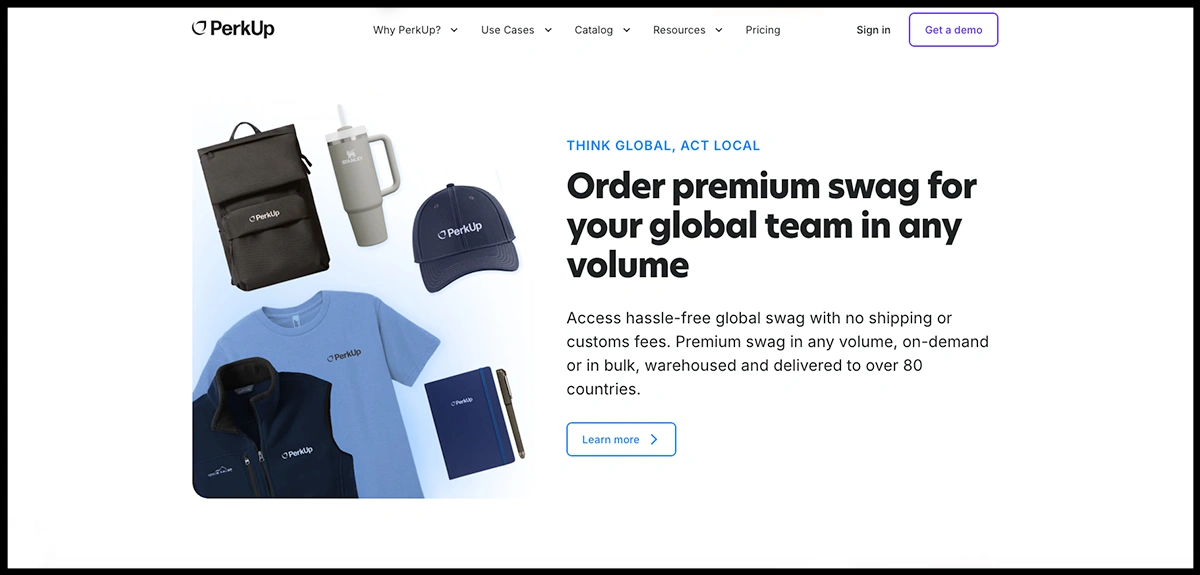
Gemnote might win on aesthetics and white-glove presentation, but PerkUp is where efficiency meets empathy.
Think of it as your swag autopilot: onboard a new hire, close a big deal, hit a team milestone; PerkUp triggers a curated gift or branded item without anyone lifting a finger (except to celebrate, of course).
While Gemnote emphasizes handcrafted campaigns and curated product sets, PerkUp focuses on real-time automation, integrations with tools such as Slack, Workday, and BambooHR, as well as global self-redemption.
That means the people you’re gifting (employees, partners, clients) actually get to choose what they want, whether it’s premium swag, local goodies, or a global gift card. No awkward sizes. No wasted spend. No piles of leftover water bottles.
It’s swag that feels personal, backed by a dashboard that actually makes your life easier.
Whether you’re sending 10 thank-yous or 10,000 new hire kits, PerkUp scales with your team, without the endless email threads or sourcing drama.
💰 Pricing: Plans start at $150/month; automation, warehousing, and HRIS integrations unlock at $399/month and up.
✅ Pros:
- Automates swag flows and gifting triggers inside your existing workflow
- Global gift redemption = happy recipients, fewer returns
- Dashboard gives full visibility into budgets, campaigns, and approvals
- Great for remote teams and companies with distributed offices
- Built-in sustainability options for eco-minded brands
❌ Cons:
- Not made for creator storefronts or passive income sales
- Focused more on employee and client gifting than streetwear-style merch
- Full feature set requires a subscription and onboarding
8. Spring (aka Teespring)

If you’re just dipping your toes into the print-on-demand world, Spring (formerly known as Teespring) is one of the easiest places to start.
The platform enables creators to launch a merchandise line with zero upfront costs, no design experience required, and no need to manage inventory or shipping.
While it doesn’t offer the high-touch branding or premium packaging services you’d find with Gemnote, Spring is all about accessibility and speed, making it a solid entry-level choice for creators who want to launch fast and learn on the go.
What sets Spring apart is its social media integration. You can connect your store directly to platforms like YouTube, Instagram, and TikTok, making it easy for fans to buy your merch without ever leaving their feed.
With Spring, you get your own store page, access to over 180 customizable products, and a built-in marketplace to help you reach new audiences.
It’s not the most advanced platform in terms of customization or brand storytelling, but for creators who want to start monetizing their content with merch, it’s a straightforward and stress-free solution.
💰 Pricing: Spring is free to use. The platform takes a portion of the base product cost, and you keep the profit margin you set.
✅ Pros:
- No setup fees or ongoing subscription costs
- Easy to use and quick to launch
- YouTube, TikTok, and social media integrations
- Global shipping to over 180 countries
- Great for selling both digital and physical merch
❌ Cons:
- Limited customization options for store design
- Higher base costs can cut into your profit margins
- Slower payouts and inconsistent customer service
- Less control over the packaging and branding experience
9. Merch by Amazon

Looking to earn passive income while tapping into one of the world’s largest online marketplaces? Then Amazon Merch on Demand (formerly Merch by Amazon) might be the platform for you.
Unlike Gemnote, which emphasizes curated brand experiences and high-touch swag management, Amazon Merch focuses on volume and reach.
It’s built for creators who want to upload a design once and let Amazon handle the rest, from printing to shipping to customer service.
Getting started is straightforward, but it's also selective, as you need to apply and be accepted into the program.
Once you're in, you can upload artwork, select a product type (such as t-shirts, hoodies, or phone grips), and Amazon will automatically generate a product listing on their marketplace.
When someone buys it, Amazon handles the fulfillment, and you earn royalties per sale.
It’s a true set-it-and-forget-it model, perfect for artists, influencers, and graphic designers who want exposure without managing logistics or inventory.
💰 Pricing: Free to join (invite-only application required). Royalties vary based on sale price and product type.
✅ Pros:
- Built-in access to Amazon’s global customer base
- No need to manage shipping, printing, or customer support
- Prime shipping boosts customer satisfaction and conversions
- Fully automated, low-maintenance income stream
- Non-exclusive rights—you can sell the same designs elsewhere
❌ Cons:
- Invite-only access with a waitlist
- Limited creative control over storefronts and product layout
- Lower profit margins due to Amazon’s royalty structure
- High competition from other sellers
- Customer support and policy enforcement can be strict
10. Custom Ink

When it comes to bulk orders, team apparel, or branded event gear, Custom Ink is a go-to favorite.
Known for its high-quality screen printing, embroidery services, and excellent customer support, Custom Ink is ideal for groups that want consistent, professional results without the stress.
Their easy-to-use Design Lab makes creating custom gear straightforward, and their Group Order Forms allow each member to submit their own size and payment details.
Unlike Gemnote, which offers a more hands-off, white-glove swag solution for corporate gifting and fulfillment, Custom Ink empowers users to take creative control and handle their own group gear with flexible tools for coordination and design.
From student clubs and sports teams to office outings and conferences, Custom Ink simplifies the process of getting everyone into matching, customized apparel.
💰 Pricing: Varies depending on item type, quantity, and design complexity. Volume discounts available.
✅ Pros:
- Great for bulk and team orders
- Easy-to-use design and ordering tools
- Professional-quality printing and embroidery
- Top-tier customer service with free support
- Online storefront option for fundraising or company gear
❌ Cons:
- No passive income tools for creators
- Limited store customization compared to full eCommerce platforms
- Pricing can add up for smaller batches or rush orders
Choosing the Best POD Platform To Fit Your Needs
Whether you're a solo creator launching your first merch line or a scaling brand looking for streamlined swag solutions, choosing the right print-on-demand platform is crucial to your brand’s success.
The best platform for you will depend on your goals, whether you're looking for passive income, brand elevation, product variety, or corporate-level fulfillment.
Here’s a quick recap of what matters most:
- Creative Control & Customization: Platforms like Fourthwall and Printful shine when you want to control your designs, messaging, and customer experience. Look for intuitive design tools, custom branding options, and the ability to personalize packaging.
- Product Variety & Quality: If your brand revolves around unique merch, platforms like Printify and Gooten offer vast catalogs and niche items—from sneakers to shower curtains—while platforms like Custom Ink and Gemnote focus more on bulk, premium-quality gear.
- Fulfillment & Shipping: Fast and reliable fulfillment makes or breaks the customer experience. Prioritize platforms with global production centers and transparent shipping timelines, especially if you’re selling internationally or handling large order volumes.
- Platform Features & Integrations: From native storefronts to eCommerce integrations (Shopify, Etsy, TikTok Shop), make sure the platform connects smoothly with your sales channels. Bonus points for built-in analytics, upsells, and email marketing tools.
- Budget & Monetization Tools: Platforms like Sellfy and Spring are great for creators on a budget with diverse revenue streams, while Merch by Amazon offers a truly passive model with no upfront investment, but lower margins.
In short, your ideal platform should support your brand’s growth, give you flexibility, and enhance your customers’ experience, not limit it.
Don’t just look for the flashiest feature set—find the one that aligns with your creative goals and business model.
Why Fourthwall Leads the Pack

If you’re a creator or entrepreneur looking for a flexible, affordable, and user-friendly alternative to Gemnote, Fourthwall should be your first stop.
With zero upfront costs, support for both physical and digital products, and deep integrations with the platforms you already use, it offers a complete solution that grows with your brand.
Whether you’re starting a merch store, selling digital downloads, or launching a fan membership program, Fourthwall is built with creators in mind.








